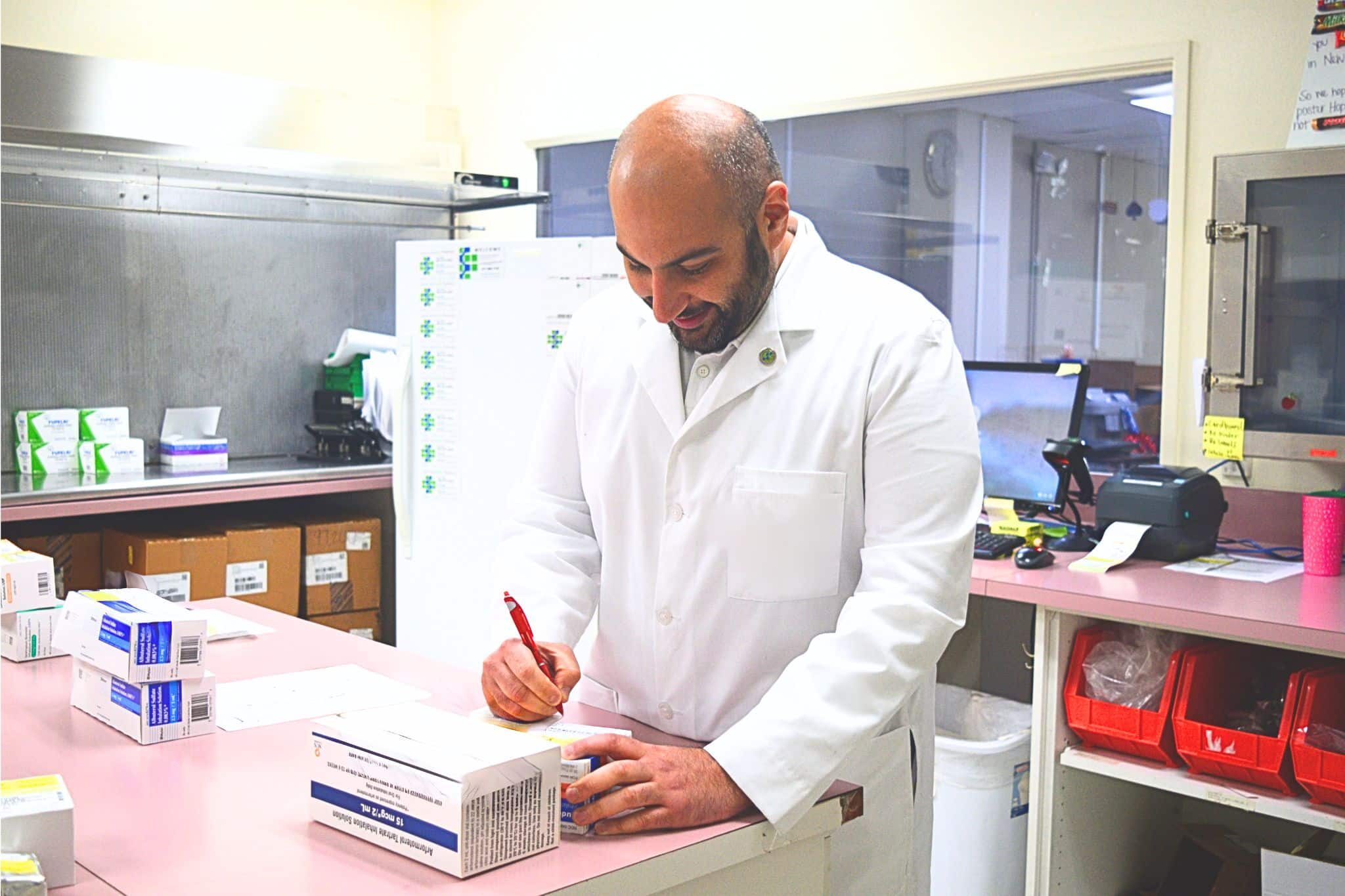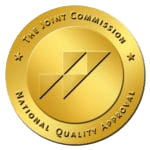 Back
to All
Posts
Back
to All
Posts
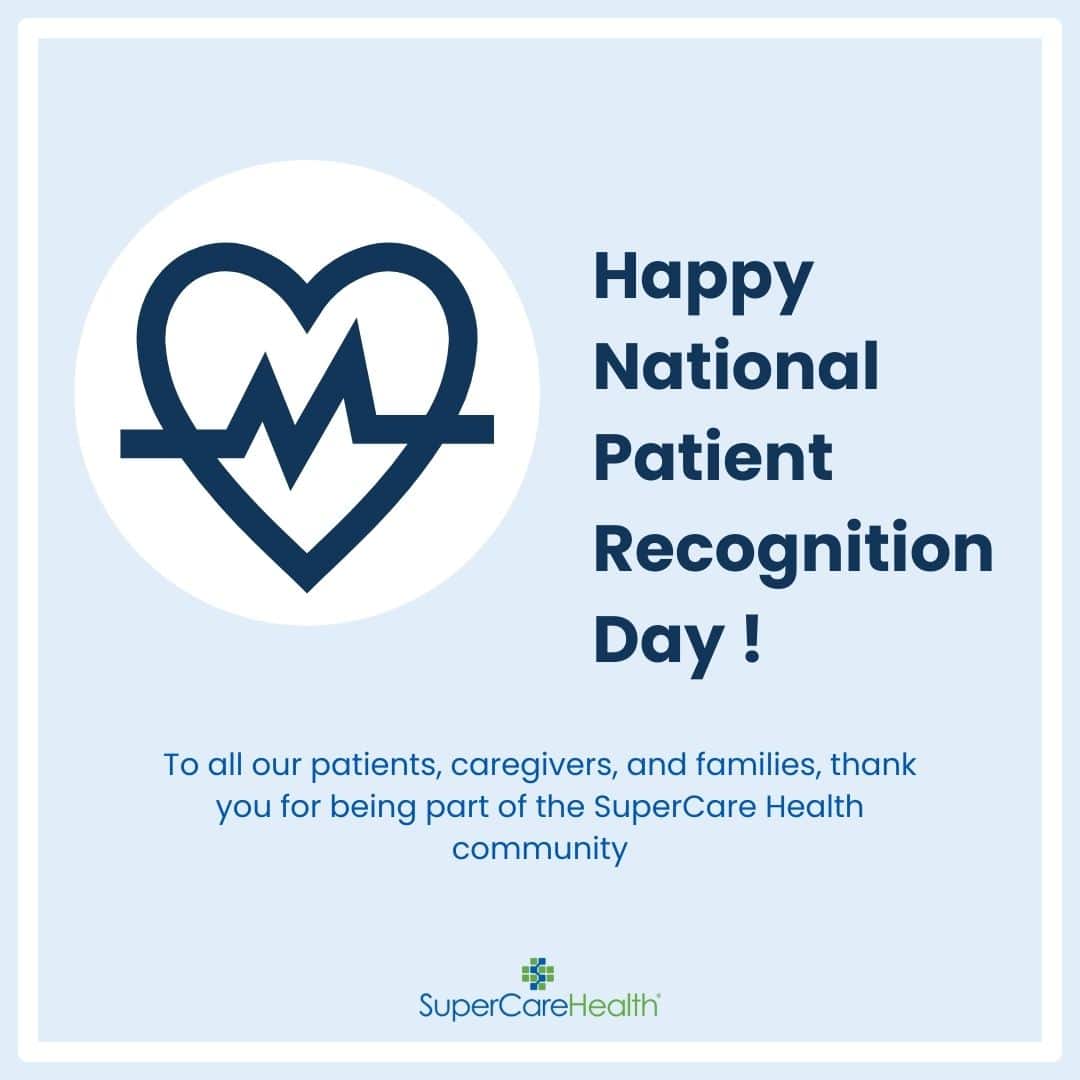
We invite you to join SuperCare Health team members from across the country as we honor National Patient Recognition Week from February 1-7, 2024. During this important awareness week and all year long, SuperCare Health remains committed to increasing access to care and providing the highest quality programs and products to patients with conditions including chronic obstructive pulmonary disease (COPD), cystic fibrosis, pulmonary fibrosis, neuromuscular disorders, asthma, sleep apnea, and more. Increasing access to care is particularly important in light of recent studies focused on the patient experience. In 2021, The Health Information National Trends Survey found that only 52.8 percent of adults felt their healthcare providers involved them in decisions about their healthcare as much as they wanted. Additionally, the study reported that fewer than 27% of adults believed their healthcare provider helped them understand their diagnoses and prescriptions. SuperCare Health is on the frontlines battling these statistics through comprehensive programs that better connect patients and their providers while helping patients follow their prescribed care plans. As we continue the celebration of National Patient Recognition Week, let’s hear from SuperCare Health’s leading Respiratory Therapists about how patients have shaped their careers and lives.
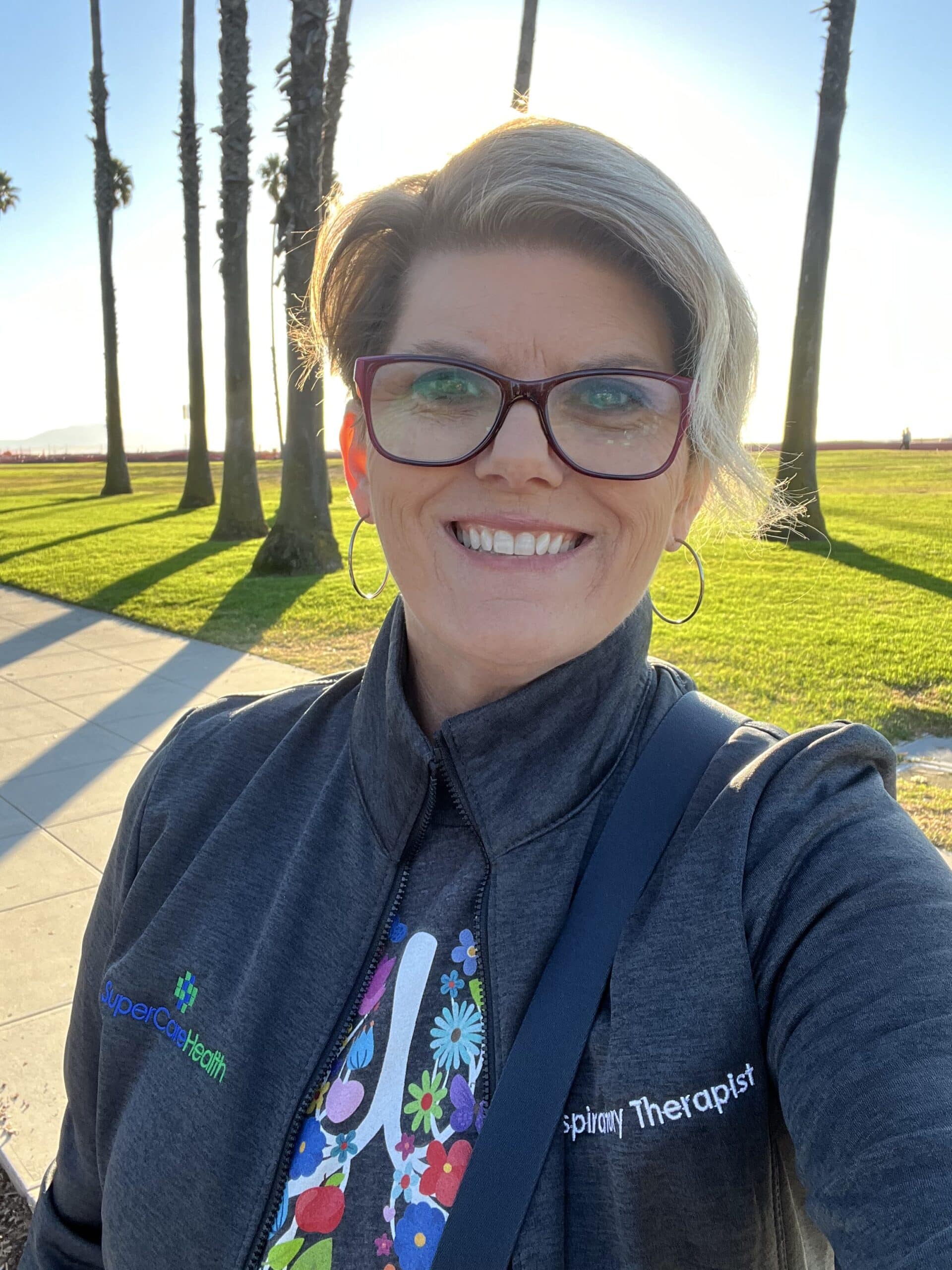
“Giving a patient their quality of life back is life-changing. When someone has difficulty breathing, it affects everything they do in their everyday life. To hear that a mom was finally able to go to her son’s baseball game, a spouse went to the grocery store, or a grandparent was finally able to join a family vacation. It all makes everything so worth it. It’s truly rewarding to hear how we have touched the lives of our patients in big and small ways. Our team of respiratory therapists works together to give our patients hope, and we are so proud to see them succeed and do the things they so badly want to do. Our patients continue to inspire us every day!”
Lorie Dickey, CRP (Certified Respiratory Therapist), RCP (Respiratory Care Practitioner)
“Patients are the heart and soul of what we do. When they need our services most, it can be a difficult time in their lives. Our job is to treat each patient with respect and dignity while providing care that will improve their quality of life. It isn’t always easy, but when I am a part of this process, it allows me to see how great service can truly uplift a person’s life. I am honored to be a part of my patients’ lives, and I know how much it means to them when we make their care a priority.”
Josh Wilhelm, RAE (Respiratory Account Executive)
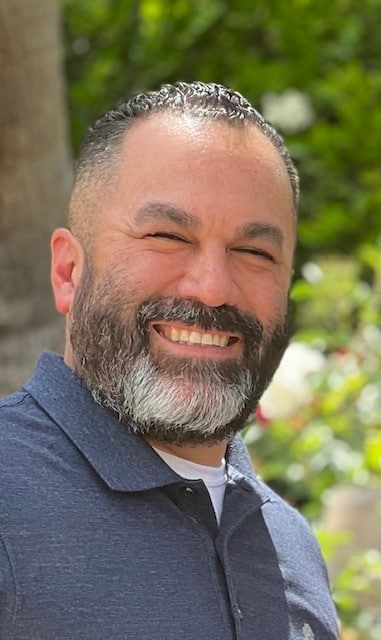
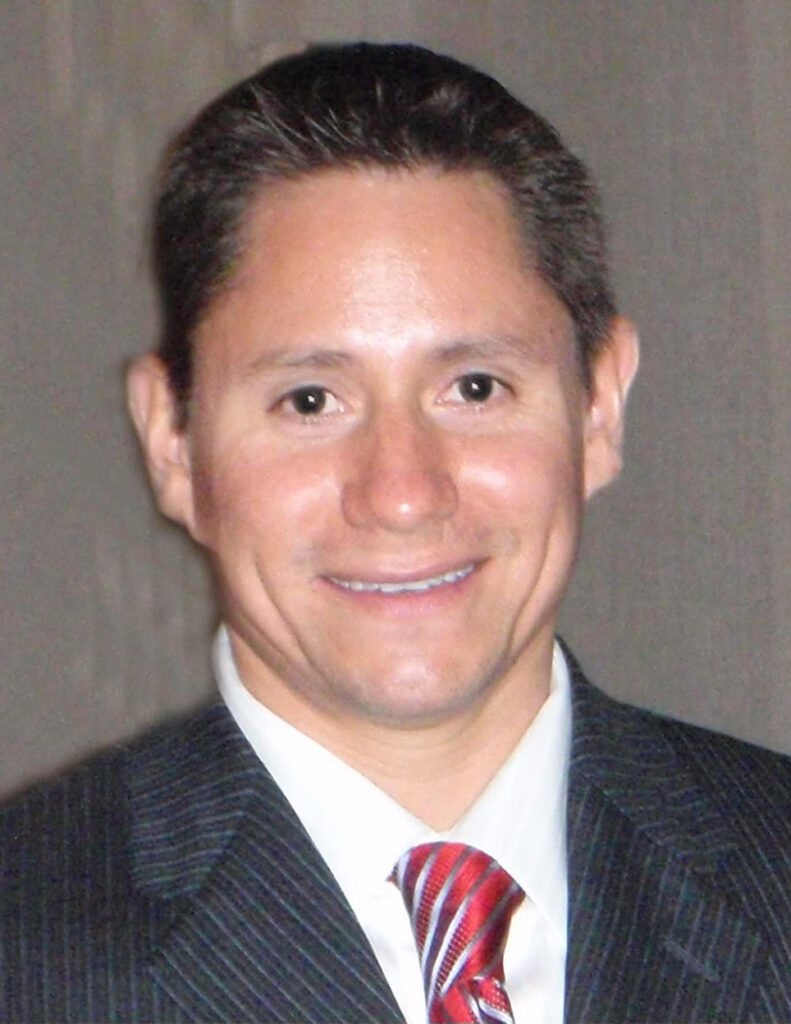
“Working with patients for more than 30 years has given me the unique opportunity to support people from all backgrounds and walks of life with a variety of health conditions. Each unique patient has a different need, whether it be educating them on their disease process, teaching them how to use their medical equipment, or just being there to hear their frustrations. Throughout the years, I have enjoyed helping my patients adjust to their new challenges so that they can get back to their quality of life. There are many patients I have met throughout the years who have inspired me, even with the simplest of gestures, like meeting their four-legged companions or sharing a cup of soup. I will never forget them.”
Robert Perea, CRP (Certified Respiratory Therapist)
About SuperCare Health
SuperCare Health is a comprehensive, high-touch, high-tech, post-acute healthcare organization that manages patients with chronic conditions and provides a broad range of therapies, including ventilation, oxygen, CPAP/BiPAP, medication optimization, nebulizers and nebulized medications, airway clearance and mobilization, enteral supplies, and more. Utilizing cutting-edge technologies combined with quality clinical services, SuperCare Health’s services, programs, and products support cost savings, improved patient outcomes, and streamlined care coordination.


